
Here’s hot news for the booklovers. Amazon has recently announced its pick of 100 Books to Read in a Lifetime. It’s a pretty intriguing list because it differs substantially from similar existing lists.
Sara Nelson, the editorial director of Amazon said that the list is not based on sales figures or any other typical benchmarks. The list was compiled by the editors based on how much the books appealed to the readers over the years. They whacked off homework books like Joyce’s Ulysses and focused on the ones that readers of all ages enjoyed.
The list includes books from Victorian era to the post-modern and contemporary period. The books are not ranked in any particular order to emphasize that all are equally important. While Harry Potter made it to the list, classics like Moby Dick and Les Misérables were left out.
Amazon has also compiled another list based on user votes on Goodreads. Click here to check it out.
What’s your reaction to this list? Happy, angry, excited, surprised?
Amazon’s choice:
- Meet Big Brother: 1984 by George Orwell
- Explore the Universe: A Brief History of Time by Stephen Hawking
- Memoir as metafiction: A Heartbreaking Work of Staggering Genius by Dave Eggers
- A child-soldier’s story: A Long Way Gone by Ishmael Beah
- Wicked good fun: A Series of Unfortunate Events #1: The Bad Beginning by Lemony Snicket
- The 60s kids classic: A Wrinkle in Time by Madeleine L’Engle
- A short-form master: Alice Munro: Selected Stories by Alice Munro
- Go down the rabbit hole: Alice in Wonderland by Lewis Carroll
- Unseated a president: All the President’s Men by Bob Woodward and Carl Bernstein
- An Irish-American Memoir: Angela’s Ashes: A Memoir by Frank McCourt
- The angst of adolescence: Are You There, God? It’s me, Margaret by Judy Blume
- A literary page turner: Bel Canto by Ann Patchett
- The ghosts of slavery: Beloved by Toni Morrison
- Why and how we run: Born To Run – A Hidden Tribe, Superathletes, and the Greatest Race the World Has Never Seen by Christopher McDougall
- A journey from Haiti: Breath, Eyes, Memory by Edwidge Danticat
- Launched its own catchphrase: Catch-22 by Joseph Heller
- Vintage Roald Dahl: Charlie and the Chocolate Factory by Roald Dahl
- The timeless classic: Charlotte’s Web by E.B. White
- Ambitious and humane: Cutting For Stone by Abraham Verghese
- Vulnerability breeds courage: Daring Greatly: How the Courage to Be Vulnerable Transforms the Way We Live, Love, Parent, and Lead by Brene Brown
- For reluctant readers: Diary of a Wimpy Kid, Book 1 by Jeff Kinney
- A science fiction classic: Dune by Frank Herbert
- “It was a pleasure to burn.”: Fahrenheit 451 by Ray Bradbury
- Gonzo journalism takes flight: Fear and Loathing in Las Vegas: A Savage Journey to the Heart of the American Dream by Hunter S. Thompson
- Marriage can be a real killer: Gone Girl by Gillian Flynn
- First published in 1947: Goodnight Moon by Margaret Wise Brown
- Dickens’ best novel: Great Expectations by Charles Dickens
- Understanding societies: Guns, Germs, and Steel: The Fates of Human Societies by Jared M. Diamond
- Meet the boy wizard: Harry Potter and the Sorcerer’s Stone by J.K. Rowling
- True crime at its best: In Cold Blood by Truman Capote
- Award-winning short story debut: Interpreter of Maladies by Jhumpa Lahiri
- A literary milestone: Invisible Man by Ralph Ellison
- A brilliant graphic novel: Jimmy Corrigan: Smartest Kid on Earth by Chris Ware
- Don’t eat while you read this: Kitchen Confidential by Anthony Bourdain
- One of the best of 2013: Life After Life by Kate Atkinson
- Childhood on the frontier: Little House on the Prairie by Laura Ingalls Wilder
- Nabokov’s triumph: Lolita by Vladimir Nabokov
- A Latin American masterpiece: Love in the Time of Cholera by Gabriel Garcia Marquez
- A saga set on the reservation: Love Medicine by Louise Erdrich
- A life-changing book: Man’s Search for Meaning by Viktor Frankl
- Funny and poignant: Me Talk Pretty One Day by David Sedaris
- A beautifully-written novel: Middlesex by Jeffrey Eugenides
- Rushdie’s breakthrough: Midnight’s Children by Salman Rushdie
- Lewis hits it out of the park: Moneyball by Michael Lewis
- A writer’s writer: Of Human Bondage by W. Somerset Maugham
- The essence of the Beats: On the Road by Jack Kerouac
- A remarkable woman’s story: Out of Africa by Isak Dinesen
- A groundbreaking graphic novel: Persepolis by Marjane Satrapi
- Roth at his finest: Portnoy’s Complaint by Philip Roth
- The perennial favorite: Pride & Prejudice by Jane Austen
- The birth of ecology: Silent Spring by Rachel Carson
- The absurdist WW2 novel: Slaughterhouse-Five by Kurt Vonnegut
- How Lincoln led: Team of Rivals by Doris Kearns Goodwin
- 19th Century high society: The Age of Innocence by Edith Wharton
- Chabon’s magnum opus: The Amazing Adventures of Kavalier and Clay by Michael Chabon
- A classic modern autobiography: The Autobiography of Malcolm X by Malcolm X and Alex Haley
- The international sensation: The Book Thief by Markus Zusak
- The trials of a “ghetto nerd”: The Brief Wondrous Life of Oscar Wao by Junot Diaz
- Meet Holden Caulfield: The Catcher in the Rye by J.D. Salinger
- Exploring a mother’s past: The Color of Water by James McBride
- Great, but divisive: The Corrections by Jonathan Franzen
- A triumph of narrative nonfiction: The Devil in the White City: Murder, Magic, and Madness at the Fair that Changed America by Erik Larson
- Moving and eloquent: The Diary of Anne Frank by Anne Frank
- A soulful young adult novel: The Fault in Our Stars by John Green
- Classic dystopia: The Giver by Lois Lowry
- Pullman’s fantasy classic: The Golden Compass: His Dark Materials by Philip Pullman
- The rich are different: The Great Gatsby by F. Scott Fitzgerald
- Feminist speculative fiction: The Handmaid’s Tale by Margaret Atwood
- A boy, a bear, a honeypot: The House At Pooh Corner by A. A. Milne
- Reality tv writ large: The Hunger Games by Suzanne Collins
- Race, ethics, and medicine: The Immortal Life of Henrietta Lacks by Rebecca Skloot
- A darkly funny memoir: The Liars’ Club: A Memoir by Mary Karr
- Monsters, Mythology, and a boy: The Lightning Thief (Percy Jackson and the Olympians, Book 1) by Rick Riordan
- Unique and universal: The Little Prince by Antoine de Saint-Exupéry
- First-rate Chandler Noir: The Long Goodbye by Raymond Chandler
- The history of terrorism: The Looming Tower: Al-Qaeda and the Road to 9/11 by Lawrence Wright
- One ring to rule them all: The Lord of the Rings by J.R.R. Tolkien
- A deeply human account: The Man Who Mistook His Wife For A Hat: And Other Clinical Tales by Oliver Sacks
- The origins of food: The Omnivore’s Dilemma: A Natural History of Four Meals by Michael Pollan
- An odd and original journey: The Phantom Tollbooth by Norton Juster
- Missionaries in Africa: The Poisonwood Bible: A Novel by Barbara Kingsolver
- The Enforcer: The Power Broker: Robert Moses and the Fall of New York by Robert A. Caro
- The inner life of astronauts: The Right Stuff by Tom Wolfe
- This way to the apocalypse: The Road by Cormac McCarthy
- A modern classic: The Secret History by Donna Tartt
- Chilling and thrilling: The Shining by Stephen King
- Existentialist fiction: The Stranger by Albert Camus
- Meet the Lost Generation: The Sun Also Rises by Ernest Hemingway
- The best book on Vietnam: The Things They Carried by Tim O’Brien
- Baby’s first book: The Very Hungry Caterpillar by Eric Carle
- Mole, Toad, Rat, and Badger: The Wind in the Willows by Kenneth Grahame
- From the modern Japanese master: The Wind-Up Bird Chronicle: A Novel by Haruki Murakami
- Beware the “Undertoad”: The World According to Garp by John Irving
- Life, Love, Death: The Year of Magical Thinking by Joan Didion
- Tradition vs. change: Things Fall Apart by Chinua Achebe
- A beloved family story: To Kill a Mockingbird by Harper Lee
- An American inspiration: Unbroken: A World War II Story of Survival, Resilience, and Redemption by Laura Hillenbrand
- Addictively entertaining: Valley of the Dolls by Jacqueline Susann
- The joys of imagination: Where the Sidewalk Ends by Shel Silverstein
- Let the wild rumpus start! : Where the Wild Things Are by Maurice Sendak




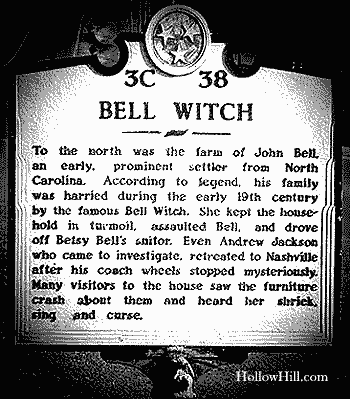 The Bell Witch
The Bell Witch
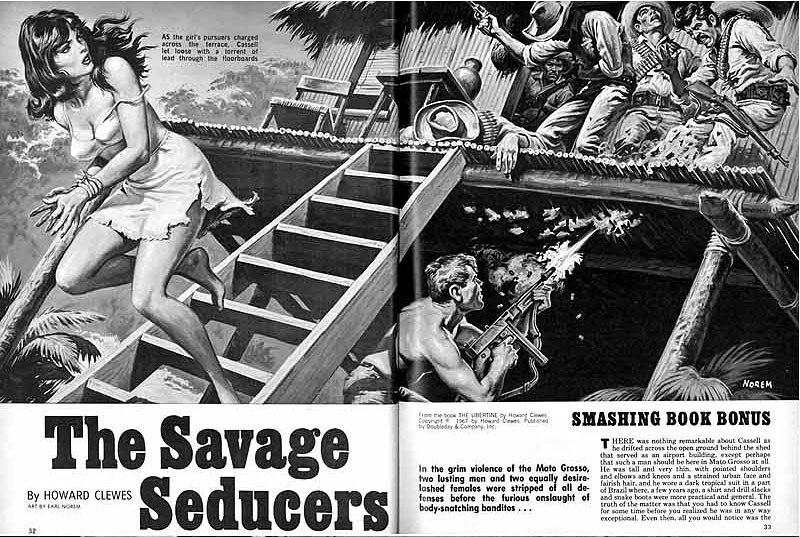
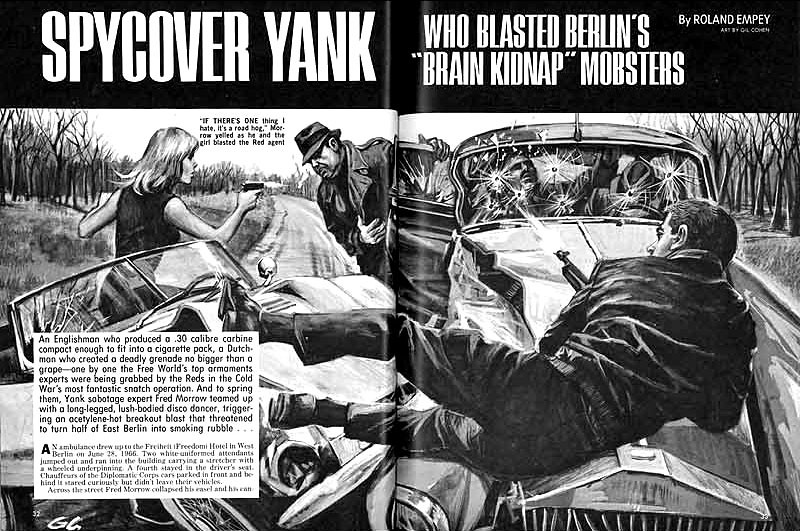
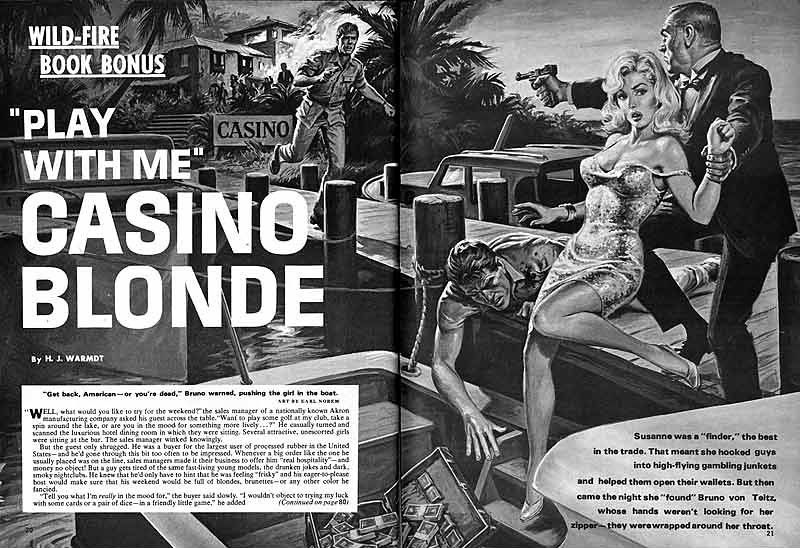
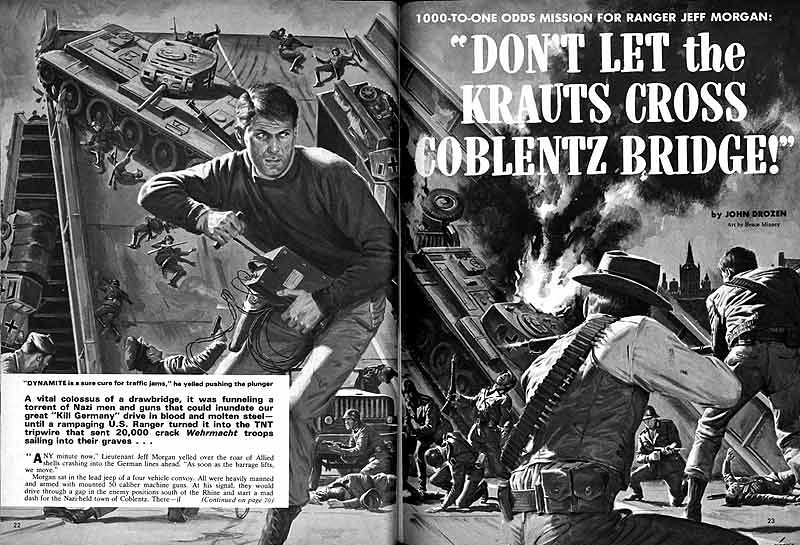
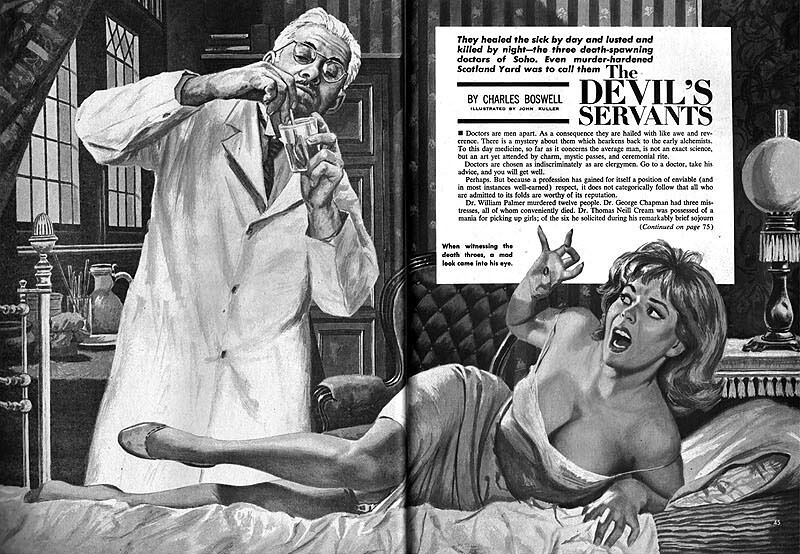
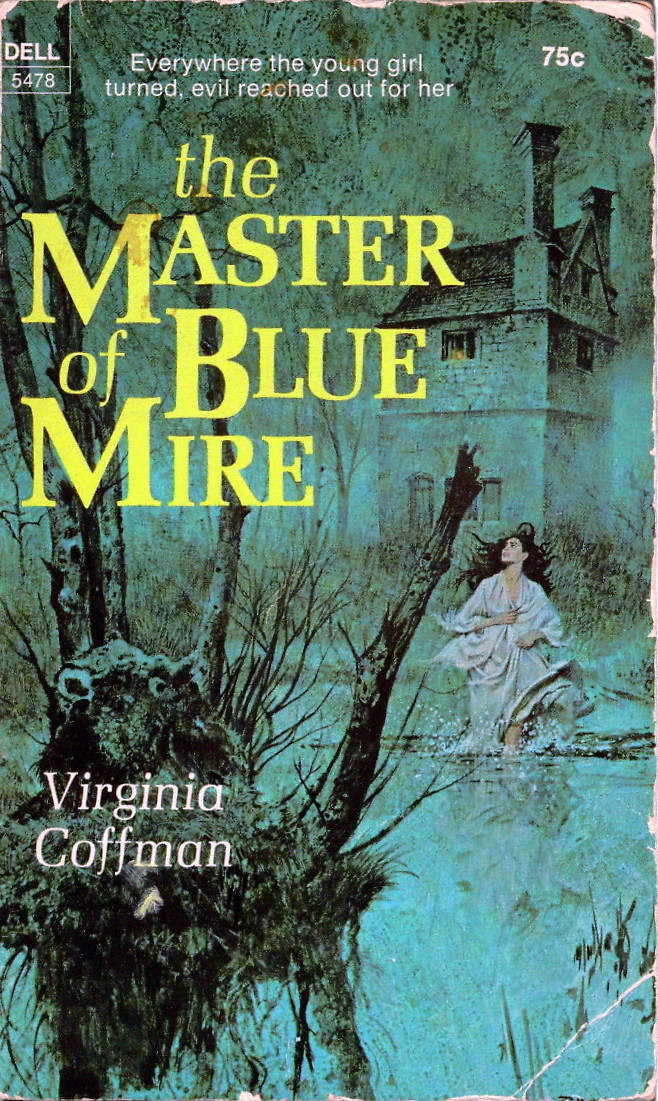
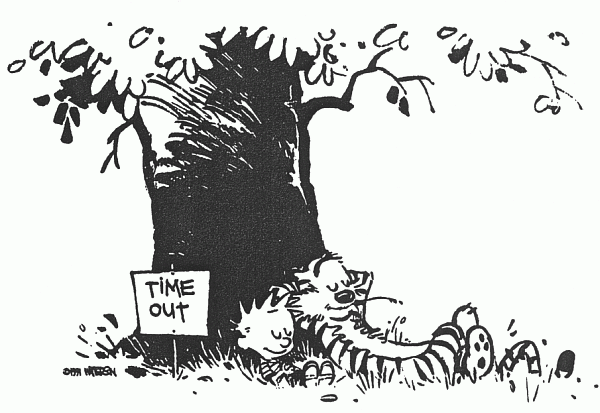
 Pinto’s Style
Pinto’s Style